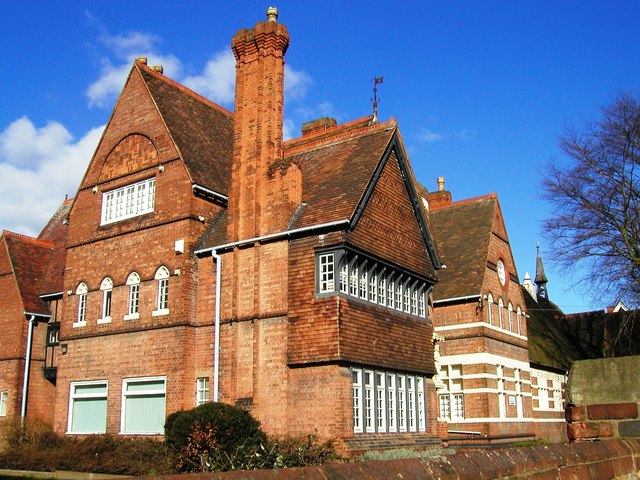Influential backbench Conservatives are supporting a campaign to bring back grammar schools.
With surveys showing a majority of parents are in favour of reintroducing the schools, which select based on academic ability only, David Davies and Graham Brady are taking the challenge to the Prime Minister.
The law currently forbids any new grammar schools from opening, only permitting existing schools to open ‘satellite’ buildings. This has been seen in Kent, where Weald of Kent girls’ grammar school in Tonbridge has applied to open up a site in nearby Sevenoaks.
Kent MPs and Ministers Theresa May and Michael Fallon have broken ranks to back these projects which have been supported by Conservative-led Kent County Council and its pro-grammar school UKIP opposition.
Don Porter of Conservative Voice, the party pressure group which is behind the new campaign, told the Daily Mail: “We want to ensure that in the Conservative Party manifesto there is a clear commitment to reverse the legislation preventing the creation of new grammar schools.”
“Our followers are strongly of the opinion that new grammar schools will both enhance social mobility and present parents with choice, both of which lie at the heart of the Conservative Party’s values.”
Research for the group found 84 percent of people said that grammar schools are a valuable asset to the British education system with four fifths of people believing that grammar schools make the education system fairer.
Currently the only political party which openly supports the reintroduction of selective education is UKIP which has seen a surge in the polls in recent months.
Its pro-grammar school education policy is one of its most well known and popular, supported by membership and officials who view them as the best way to increase social mobility and increase opportunities for poor, bright children.
The Prime Minister has resisted calls to expand selective education in the state sector. Instead he has overseen the drive for academies and free schools. But with a former leadership contender and the Chairman of the powerful 1922 committee backing this new drive, it will be hard for him to continue.
The downturn for grammar schools came in the 1970s when Mrs Thatcher, herself a graduate of a local selective state school, allowed councils to decide for themselves on what system to have, when she was Education Secretary.
There are currently 164 grammar schools still running in England which, annoyingly for the left, are very popular with pupils and parents alike. The largest number are in Kent with Buckinghamshire and Lincolnshire also maintaining the tradition of streaming.
The lack of grammar schools has resulted in spiralling costs of private schools in areas where places are not widely available. This has further segregated communities and allowed the children of more well-off parents to achieve higher academic success while the local comprehensive schools struggle to achieve exam targets as they balance a complete mixture of abilities.
Supporters of selective state education say this demonstrates why grammar schools are the best tool for social mobility and point out that those supporting their closure, particularly on the left, are actually making life harder for poorer children they claim they represent.

COMMENTS
Please let us know if you're having issues with commenting.